The Science Behind the Human Microbiome
Introduction
The human microbiome refers to the collection of trillions of microbes or microorganisms that inhabit our bodies. These microbes, which include bacteria, viruses, fungi, and protozoa, play a crucial role in our health and well-being. The human microbiome is a complex ecosystem that contributes to a variety of bodily functions such as digestion, immune response, and even mental health.

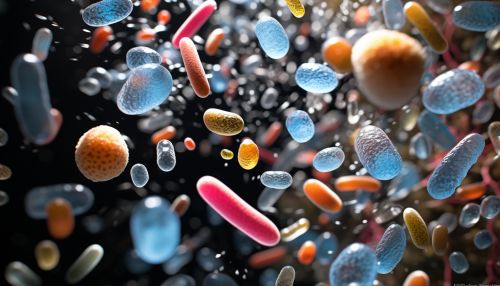
Composition of the Human Microbiome
The human microbiome is incredibly diverse, with the number of microbial genes estimated to be 100 times greater than the number of human genes. The majority of these microbes reside in the gut, specifically in the large intestine, but they can be found throughout the body including the skin, mouth, nose, and urogenital tract. The composition of the microbiome varies greatly between individuals and is influenced by factors such as diet, environment, and genetics.
The human microbiome is predominantly composed of bacteria, with the two most abundant phyla being Firmicutes and Bacteroidetes. Other significant bacterial phyla include Actinobacteria, Proteobacteria, and Verrucomicrobia. In addition to bacteria, the human microbiome also contains viruses (mostly bacteriophages), fungi (mainly Candida species), and protozoa.
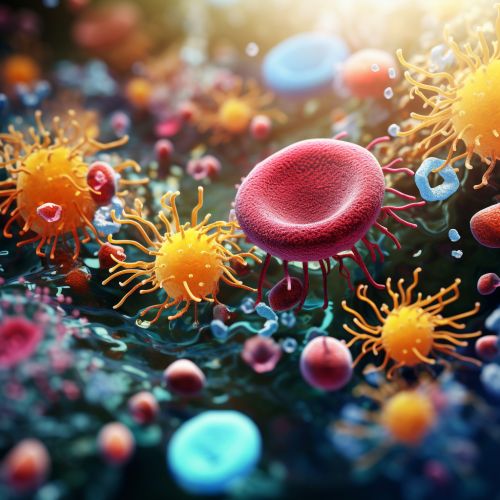
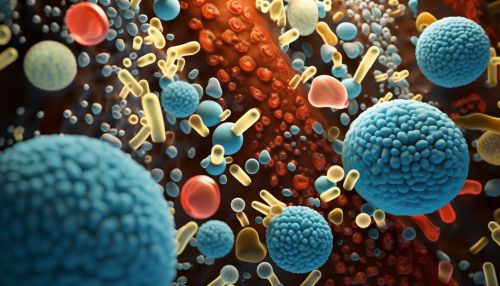
Role of the Human Microbiome
The human microbiome plays a crucial role in maintaining health and preventing disease. It contributes to a variety of physiological functions, including:
Digestion
The gut microbiome aids in the digestion of food, particularly complex carbohydrates that the human body cannot digest on its own. Microbes in the gut break down these complex carbohydrates into short-chain fatty acids, which can be used by the body for energy.
Immune System Regulation
The microbiome plays a key role in training and regulating the immune system. It helps the immune system distinguish between harmful and non-harmful organisms and plays a role in the development of immune tolerance.
Mental Health
Emerging research suggests a link between the gut microbiome and the brain, often referred to as the "gut-brain axis". Changes in the gut microbiome have been associated with various neurological and psychiatric conditions, including autism spectrum disorder, depression, and Parkinson's disease.

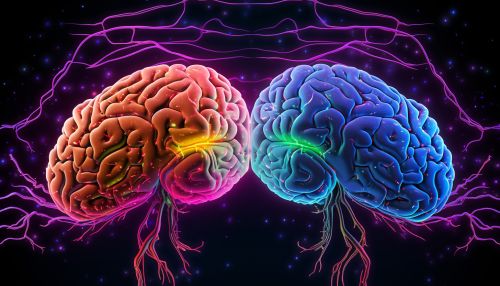
Factors Influencing the Human Microbiome
The composition and diversity of the human microbiome are influenced by a variety of factors, including:
Genetics
Individual genetics can influence the composition of the microbiome. However, the extent of this influence is still a topic of ongoing research.
Diet
Diet is one of the most significant factors influencing the gut microbiome. Diets rich in fiber promote a diverse microbiome, while diets high in fat and sugar can lead to a less diverse microbiome.
Environment
The environment, including exposure to different bacteria and viruses, can influence the composition of the microbiome.
Antibiotics
Antibiotic use can significantly alter the microbiome, often leading to a decrease in microbial diversity. While the microbiome can recover after antibiotic use, it may not return to its previous state.


Human Microbiome and Disease
Alterations in the human microbiome, often referred to as dysbiosis, have been associated with a variety of diseases, including:
Gastrointestinal Diseases
Dysbiosis has been linked to several gastrointestinal diseases, including inflammatory bowel disease, irritable bowel syndrome, and celiac disease.
Metabolic Diseases
Alterations in the gut microbiome have been associated with metabolic diseases, such as obesity and type 2 diabetes.
Neurological and Psychiatric Disorders
As mentioned earlier, changes in the gut microbiome have been linked to various neurological and psychiatric conditions, including autism spectrum disorder, depression, and Parkinson's disease.

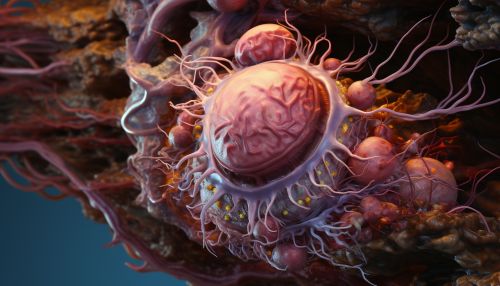
Future Directions and Conclusion
The study of the human microbiome is a rapidly evolving field, with new discoveries being made regularly. Future research will likely focus on further elucidating the complex interactions between the microbiome and the human body, as well as exploring potential therapeutic applications. For example, fecal microbiota transplants, which involve transferring the microbiome from a healthy individual to a patient, have shown promise in treating certain conditions, such as recurrent Clostridium difficile infection.
In conclusion, the human microbiome plays a crucial role in our health and well-being. Understanding the complex interactions between the microbiome and the human body can provide valuable insights into health and disease, and may pave the way for novel therapeutic strategies.


